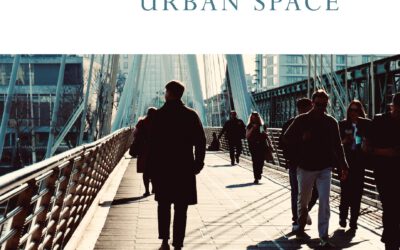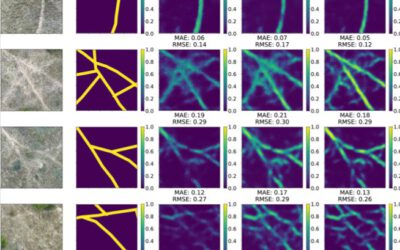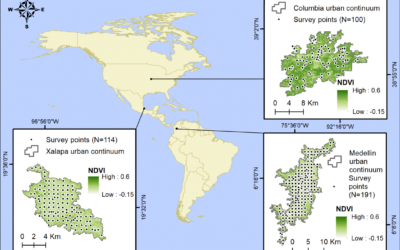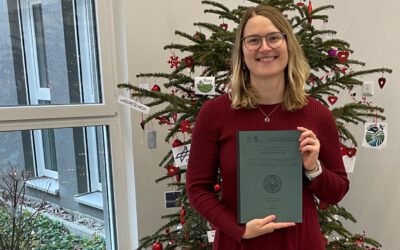A new paper published by Iranian Journal of Forest and Poplar Research presents novel results on comparative analysis of multiple approaches for mapping Persian Oak (Quercus brantii) dieback across a portion of Zagros forests of Iran. The research features Hooman Latifi from University of Würzburg and uses very-high-resolution optical data from Worldview-2 together with design-based inventory of oak dieback. The results revealed that the artificial neural network comparatively better performed than other classification methods with its overall accuracy of 72.83%. Moreover, our results confirmed that the Worldview-2 satellite data can illustrate the severity of oak decline as well as its spatial extension.
An English summary of the work can be retrieved here.
Karami, O., Fallah, A., Shataee, S., Latifi, H. 2017. Investigation on the feasibility of mapping of oak forest dieback severity using Worldview-2 satellite data (Case study: Ilam forests). Iranian Journal of Forest and Poplar Research 25(3), 452-462. DOI: 10.22092/ijfpr.2017.112879










